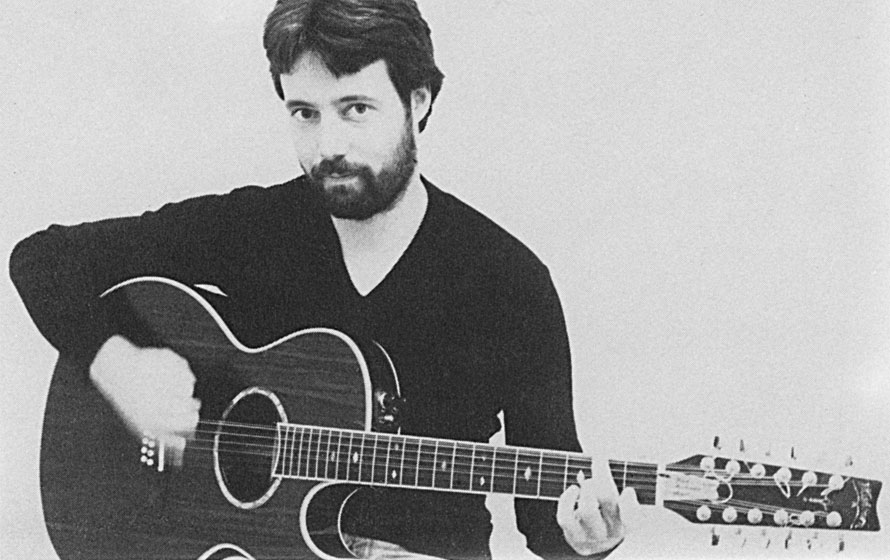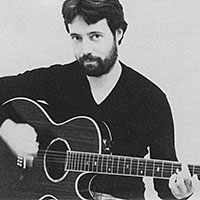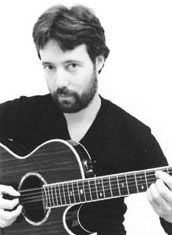If you've got nothing better to do, here is a bit of blather about cassettes to pass the time.
During the 1970s the cassette tape became ubiquitous. Originally called the Compact Cassette (CC), it was also known as the audio cassette, and since its demise the few retailers who still sell them stock them as "MCs". Duh? Its compact format made it eminently portable - it even fitted into a pocket, a handbag or a car glove compartment. Advertisers compared its dimensions to those of a cigarette pack. How politically uncorrect can you get? Cough, cough. Cassette players were also cheap and portable so that everybody could sonically pollute their environment with music anywhere, anytime. Instant aural gratification. With your ghetto blaster you could blast your ghetto, rock the casbah (Sharif don't like it), pow the picnic, bitch the beach or noise-up the neighbours. Ah, isn't choice choice?
Most cars had a cassette player, which meant that drivers could listen to their favourite music and not have to depend on the vagaries of radio programming or uncertain reception. Radio stations were forced to reappraise their playlists to compete with this new phenomenon. "Drivetime radio" was about to be born.
What was especially revolutionary about cassette machines is that they came with a record button and microphone (earlier models had external mikes, while most later machines had one built into the body). Not only could everyman record noise from the radio or stereo (with the right plugs), he could also record himself warbling in the shower, or his child's first ga ga. Oh bliss! Who could have guessed that such innocent doings could lead to the dreaded age of karaoke?
The cassette recorder proved a boon to wannabe popstars, as musicians could buy, beg, borrow or steal a cheap machine and record rehearsals, gigs and demos for pennies.
Sales of pre-recorded cassettes began to outstrip those of vinyl discs. But the vast majority of tapes in circulation were homemade copies of records, with commercial bootlegs being more common in eastern Europe and third world countries. The recording industry started the scare campaign "home taping is killing music" and considered various ways of trying to prevent what seemed to most people an innocent pastime. The ensuing "debate", which is characteristically not a dialogue between interested parties but rather a frenzy of media headlines and legislation provoked by industry lobbyists and publicists, continues today around home CD recording and unofficial music downloading from the internet. Criminalize the opposition! Great idea, comrade billionaire.
This continual hand-wringing by megarich multinational music corporations has been lampooned by T-shirts and stickers with slogans such as "home fucking is killing prostitution". Says it all, really.
Meanwhile music is still alive and kicking and few people sympathize with any financial discomfort the big music labels claim to be suffering. Poor wee things, you've only yourselves to blame.
The irresistible rise of the Walkman (aka personal stereo) in the early 1980s made it seem to many that the days of records were numbered, which indeed they were, but for other reasons. What became known as the Walkman was originally launched by Sony as "the Stowaway". They changed the name after realizing what were perceived at the time as negative implications: there had been a spate of people so desperate to flee their home countries that they had hidden in the cargo holds and even undercarriage compartments of jets, often with fatal consequences. Lax airport security was making headlines for reasons other than terrorism, and suddenly any romantic associations the word stowaway conjured up seemed to have evaporated.
Cassettes were meanwhile proving themselves indispensible in other fields. They drove the programmes of early micro computers, and the Sony Professional walkman became a must-have for journalists.
One of the perceived disadvantages of the cassette was sound quality. Its designers had managed to fit four tracks onto a tape only 4 millimetres wide and a fraction of a millimetre thick - at the time an astounding technical achievement. But the space available on the tape's surface for recording and playing back complex information at high quality at such low speed was problematic. Tape hiss and other distortions, despite electronic filters developed by Dr Dolby and others, drove discerning listeners to distraction. True hi fi buffs despised cassettes. Heat and prolonged use also caused the plastic base of the tape to distort. The magnetic information itself was continually eroded by friction caused by contact with the play and record heads and guide capstains which had to be cleaned and demagnetized regularly. All this, added to by the cheap build of most cassette players (the motor was often connected to the tape drive by nothing more than an elastic band!) led to the particularly unpeasant distortions such as "wow and flutter". If you haven't experienced it, you are better off not knowing more. Just don't ask.
The cassette had competition from other formats as a popular carrier of audio information. Apart from the vinyl disc itself, which by now could reproduce upto an hour of high quality audio on micro-groove technology, and the new compact reel-to-reel tape recorders, there was also the 8-track cartridge tape (cartridge / cassettte - only marketing mindset semantics?). As its name implies, its wider, more robust tape could fit 8 tracks of high quality electromagnetic information. Inside the lightweight plastic casing the tape was an endless loop which could be played again and again without having to rewind or turn the thing over (the bane of cassette listeners). Not only that, but 8-track players allowed you to play a specific track number at the push of a button - no tedious fast-forwarding or rewinding (very energy intensive for battery powered appliances).
8-track proved very popular with car and truck drivers, particularly in the USA (most 8-track tapes were produced by country and western artists). But its downfall lay in its large size and the unavailability of 8-track recorders. The 8-track went the way of the Betamax video format (claimed by afficianados to be superior to VHS), their demise now blamed by pundits on poor market research. More compact versions of tape-loop cartridges were developed for specialist use, e.g. for computer applications and radio station jingles and ads, but they were never successfully marketed for more general use.
The research departments of manufacturers were constantly producing technical improvements to both cassette tapes and players. Tiny advances in the mixes of ferric and chrome particles on the recording layers were emblazoned on cassette packaging. NEW! IMPROVED! LISTENING ENHANCEMENT! etc. Developments in players and recorders were swift and significant, especially the ability to play/record both sides of the cassette continuously. But the weight of sales pitches was always on new gizmos and gimmicks. One of the weaknesses of cassette technology was the ability to find and cue specific music tracks (unlike records, 8 track tapes or later digital media). Various systems were developed, but never satisfactorily - one reason why cassettes never became popular with DJs. Other developments included the "L Cassette", L presumably for larger, which promised significant quality improvements. NCO (Never Caught On). There were even suggestions that the VHS video cassette format would provide far superior quality for audio recordings, but that was a non starter. Walkmans the size of house bricks? No way.
If the CD and the flash card had not come along, perhaps the compact cassette could have become an almost perfect medium by now. RIP compact cassettes. And pretty soon it'll be RIP compact discs. As with the pianorole, wax cylinder, shellac and vinyl discs, the days of the CD, its successors DVD, Blue Ray, etc. and even ever smaller faster hard disks must be numbered. Despite their sophistication, speed, digital fidelity and impressive capacity, they still depend on the principle of a damage-prone medium spinning beneath a reading apparatus (horn needle, diamond or ceramic stylus, laser head, etc.) which itself can damage the disc.
The digital flash card, in all its bewildering formats, is tiny (more comparable with an After Eight mint than a cigarette pack), virtually indestructible, and there are absolutley no moving parts involved. I recently saw a TV show in which a flash card was cooked in boiling water for several minutes. The plastic casing looked a bit warped (like a melting Dali watch) but the chip itself was fine and its data could be downloaded without problem.
David John, 2003
- Well, that passed the time, didn't it?
- It would have passed anyway.
Samuel Beckett,
Waiting for Godot


